Wednesdays
The Tramp: A Charlie Chaplin Retrospective
Programmed by Rivka Arbetter
This series celebrates the illustrious career of actor, director, and composer Charlie Chaplin, whose Tramp persona became a popular icon in the early 20th century. The retrospective begins with programs of Chaplin's short films at Essanay and First National studios before moving on to a survey of his feature films, starting with The Gold Rush (in a complete restoration of the 1925 version). As Chaplin transitions to sound, the series bids farewell to the beloved Tramp and explores his more political works, including his final film A King in New York.
This series was supported by the Nicholson Center for British Studies.

1/4/2017 @ 7:00 PM 9:00 PM
Chaplin at Essanay
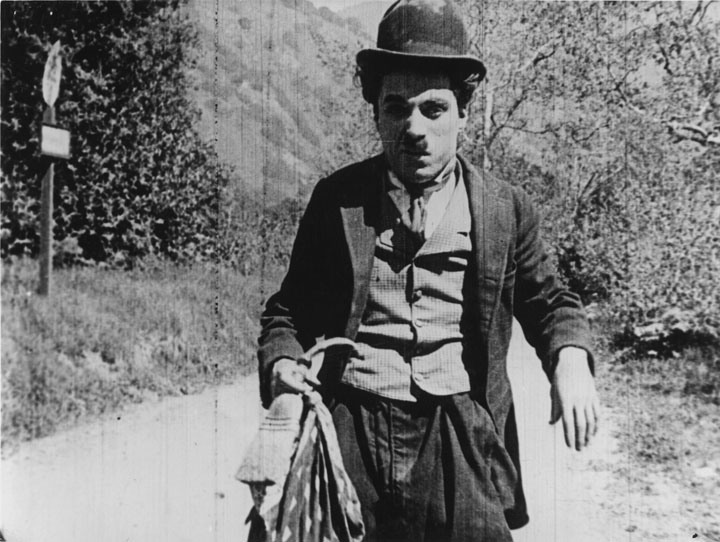
(Charlie Chaplin, 1915-1916) · This program features four of Chaplin's 14 short films created during his career-defining run at Chicago-based Essanay Studios, a period of transition and experimentation for the filmmaker. In "The Tramp" (1915), Chaplin further develops his Tramp character closer to that most known today, imbuing the short with a pathos and humanism that mark many of his later features. Also screened are "A Woman" (1915), "The Bank" (1915), and "Police" (1916).
runtime: 82m format: 16mm
1/11/2017 @ 7:00 PM 9:00 PM
The Kid
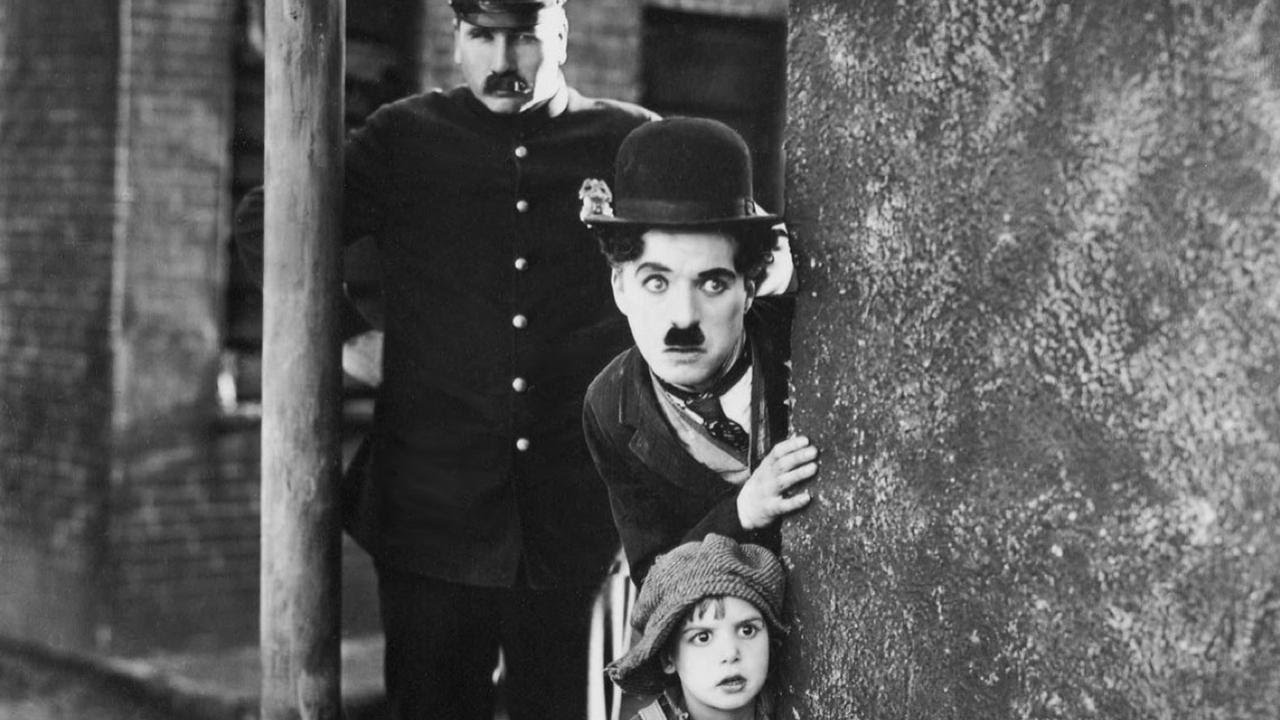
(Charlie Chaplin, 1921) · Chaplin's first full-length feature as a director explores the intense love between an unlikely pair: the Tramp and his scrappy little charge (Jackie Coogan), who was abandoned as a baby in the streets. Together, they create mischief and merriment, but interference by the local orphanage threatens to end this relationship. The Kid, a somewhat autobiographical story "with a smile and perhaps a tear," remains one of Chaplin's finest works.
runtime: 68m format: 35mm
1/18/2017 @ 7:00 PM 9:30 PM
Chaplin at First National
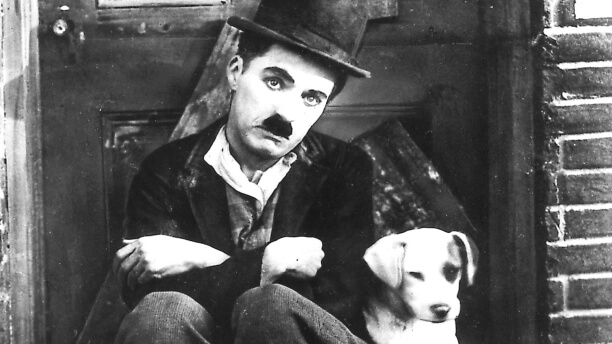
(Charlie Chaplin, 1918-1921) · Along with The Kid, Chaplin completed seven other films with First National Pictures, three of which we screen tonight. In the first film, "A Dog's Life" (1918), the Tramp adopts a little dog, Scraps. "Shoulder Arms" (1918) finds Chaplin stuck in the trenches bombarding the Germans with smelly cheese and winning WWI by himself. Finally, Chaplin plays a dual role in "The Idle Class" (1921) as the Tramp and a rich, young alcoholic who accidentally switch places while playing golf.
runtime: 118m format: 35mm
1/25/2017 @ 7:00 PM 9:30 PM
The Gold Rush
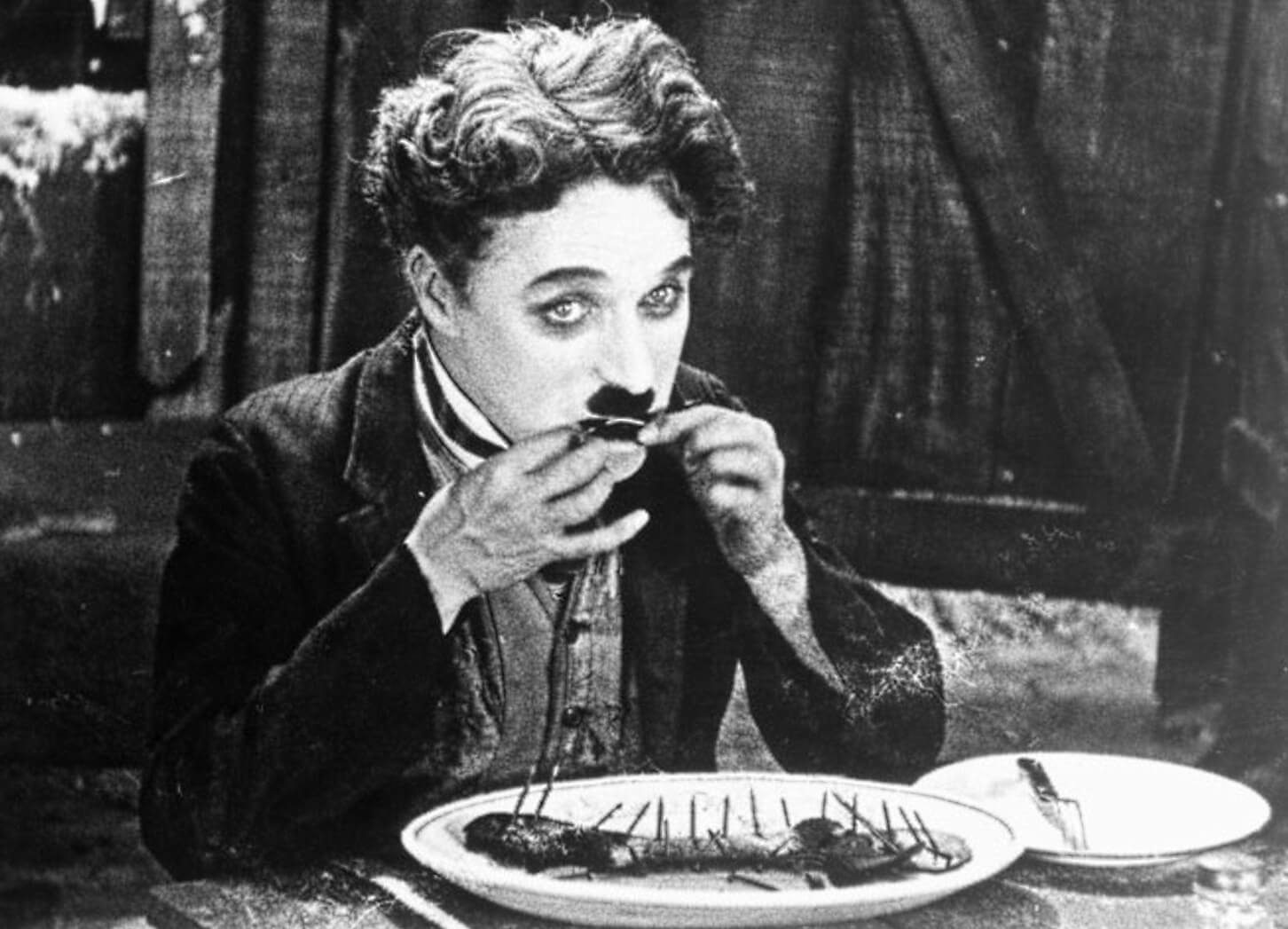
(Charlie Chaplin, 1925) · This silent comedy is the film for which Chaplin most wanted to be remembered. Filled with melodramatic imagery like the famous bread roll dance, the film follows the Tramp north as he joins the Klondike Gold Rush. There he gets trapped by a blizzard, falls in love with the barmaid (Georgia Hale), and stumbles upon the opportunity for a change of fortune. The restoration of the complete 1925 release, with a new orchestral score, will be screened.
runtime: 112m format: 35mm
2/1/2017 @ 7:00 PM 9:00 PM
The Circus
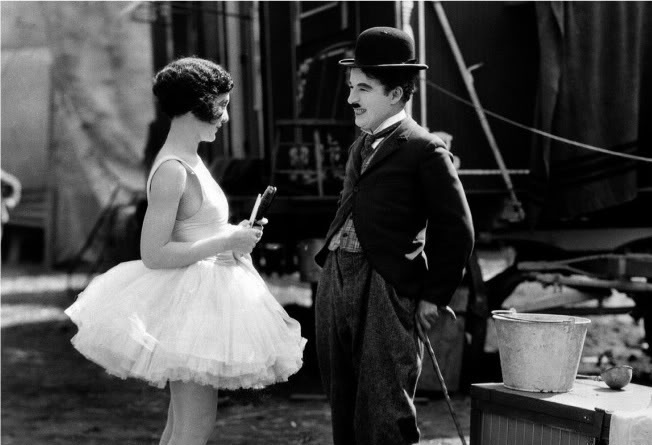
(Charlie Chaplin, 1928) · After the runaway success of The Gold Rush, Chaplin created one of his funniest films, The Circus, during the most difficult period in his life. Trying to evade the police, The Tramp accidentally barges in on a circus performance, only to inadvertently steal the show and become the circus's new star. The film balances sequences of comedic gold with moments of great pathos, culminating in a hilarious tightrope walk amidst a gang of escaped monkeys.
runtime: 72m format: 35mm
2/8/2017 @ 7:00 PM 9:00 PM
City Lights
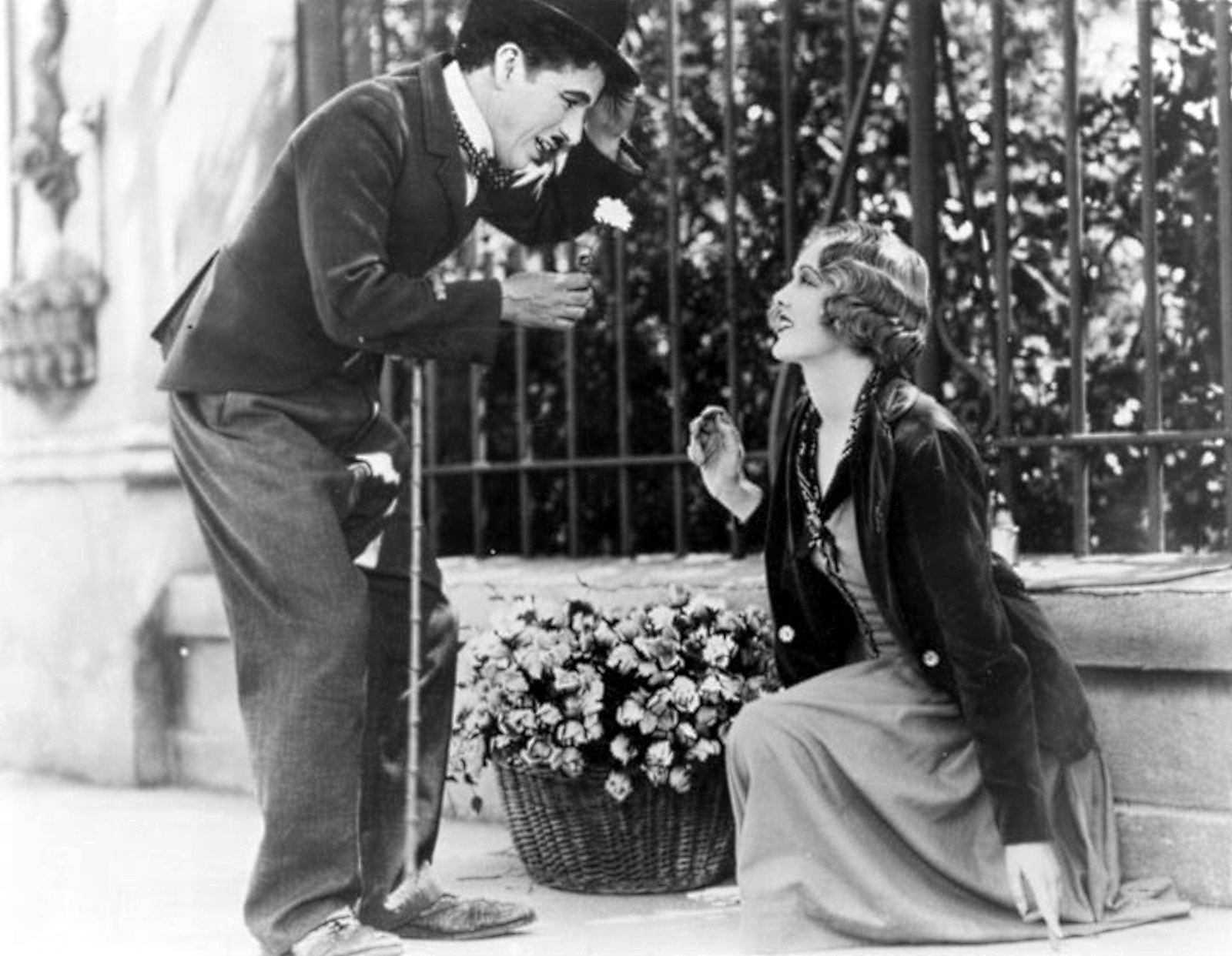
(Charlie Chaplin, 1931) · The lives of two outcasts intertwine when the Tramp falls in love with a blind flower girl (Virginia Cherrill) who mistakes him for a gentleman. When financial trouble strikes her, can the Tramp come to her aid? Perhaps with the help of a sometime benevolent millionaire. A silent film made despite the established popularity of talkies, City Lights demonstrates Chaplin's adamant stance against sound films and remains one of his masterpieces.
runtime: 87m format: 35mm
2/15/2017 @ 7:00 PM 9:00 PM
Modern Times

(Charlie Chaplin, 1936) · Chaplin's last "silent" film marks the final appearance of his Tramp persona. Overwhelmed by a demanding industrial job and the overstimulation of modernity, the Tramp crosses paths with an orphan girl (Paulette Goddard). Both struggle with the difficulties of modern life and turn towards each other for solace. The film culminates in an act of pure comic genius: Chaplin's voice synced on celluloid for the first time ever with a song of gleefully inspired gibberish.
runtime: 89m format: 35mm
2/22/2017 @ 7:00 PM 9:30 PM
The Great Dictator
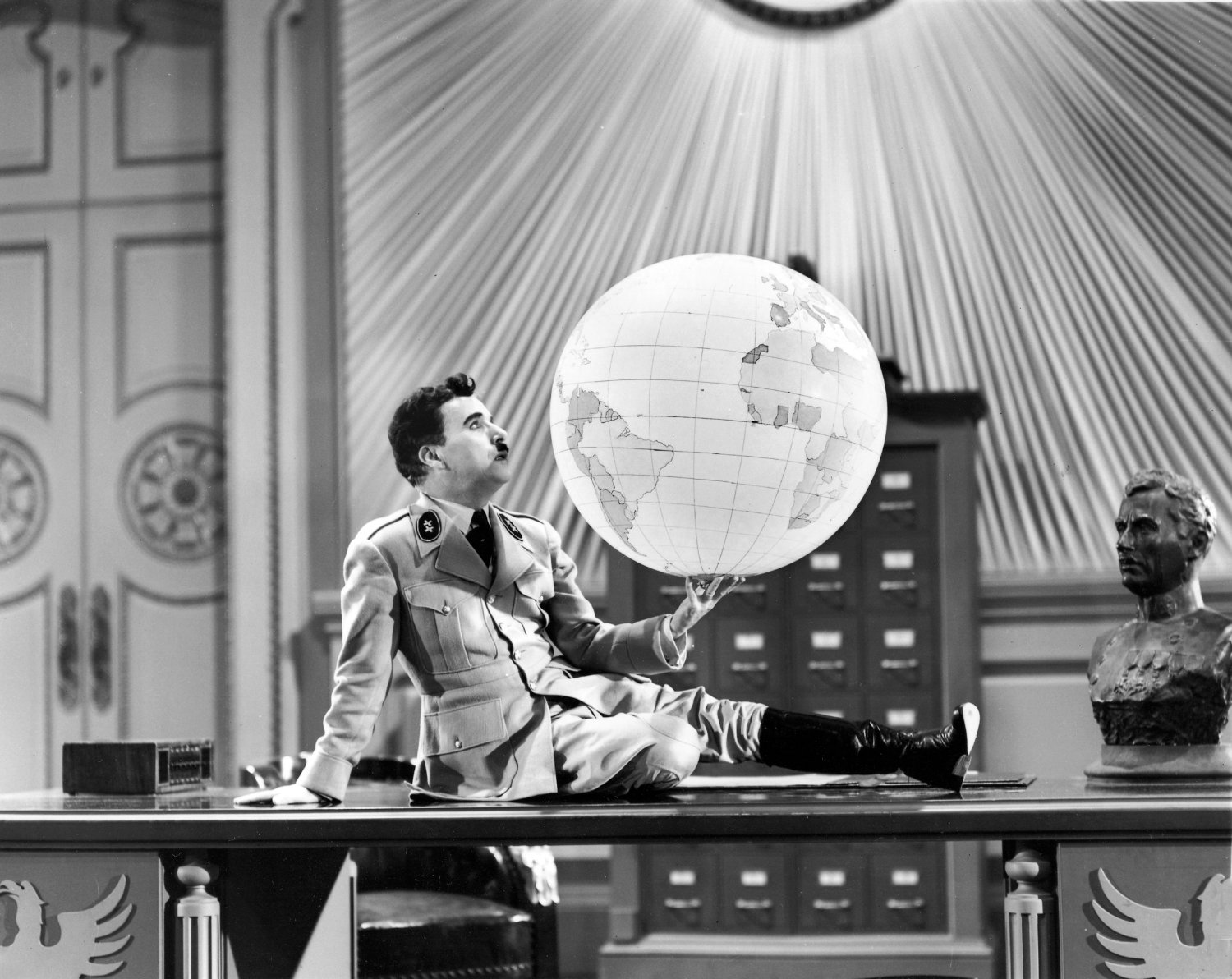
(Charlie Chaplin, 1940) · Chaplin's first real talkie, The Great Dictator condemns Adolf Hitler and fascism with political satire. The film revolves around a Jewish barber (Chaplin) who happens to look exactly like facist dictator Adenoid Hynkel (also Chaplin). Stunned by Hynkel's anti-semitic acts, the barber recklessly joins a girl (Paulette Goddard) and her neighbors in revolt. The film ends with a moving speech by Chaplin that rings all the more true today.
runtime: 126m format: 35mm
3/1/2017 @ 7:00 PM
Limelight
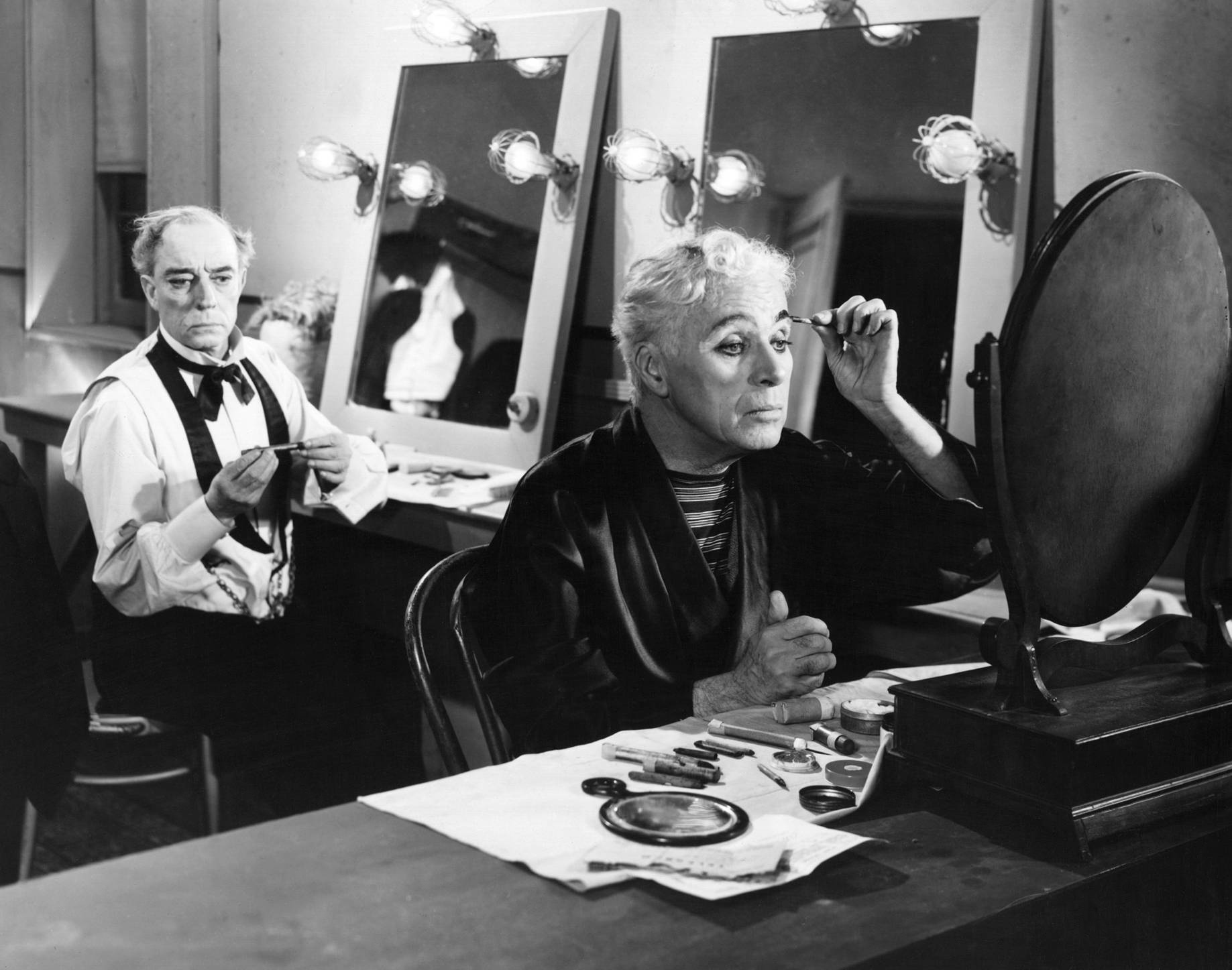
(Charlie Chaplin, 1952) · Chaplin's final American film before his exile from the U.S., Limelight centers on a washed-up clown (Chaplin) and a suicidal dancer he saves. Nostalgic and melancholic, the comedy-drama is Chaplin's most autobiographical work, both in its recreation of the music-hall culture of his London youth and its focus on an aging comedian. The musical finale features Buster Keaton in the only on-screen pairing between the two comedic geniuses of the silent era.
runtime: 147m format: 35mm
3/8/2017 @ 7:00 PM 9:30 PM
A King in New York
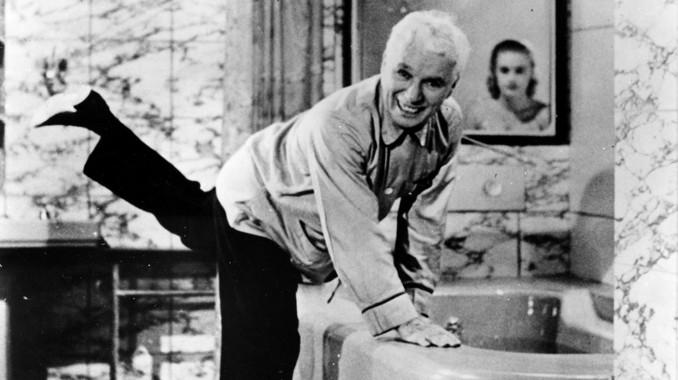
(Charlie Chaplin, 1957) · Made during his years of exile, A King in New York features Chaplin in his last leading role. King Igor Shahdov (Chaplin) flees the revolutionaries of Estonia and comes to New York City with practically nothing. He befriends a young boy named Rupert (Chaplin's son Michael) along with his communist parents. Because of its defiant satire of McCarthy-era America, this British production was not released in the United States until 1973.
runtime: 110m format: 35mm



